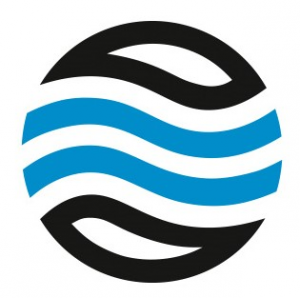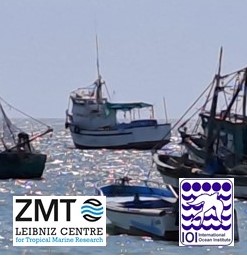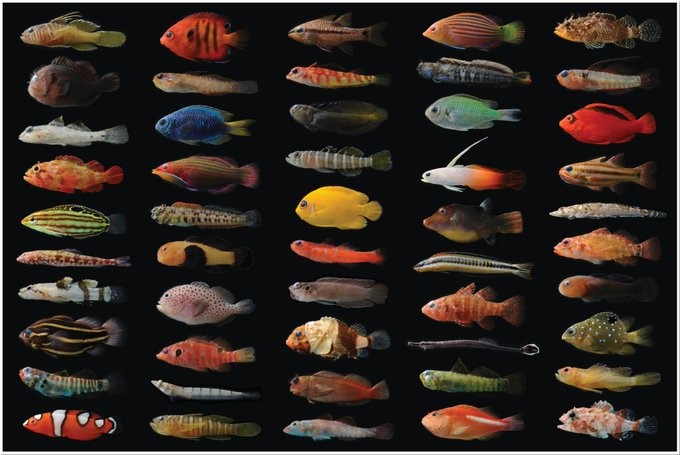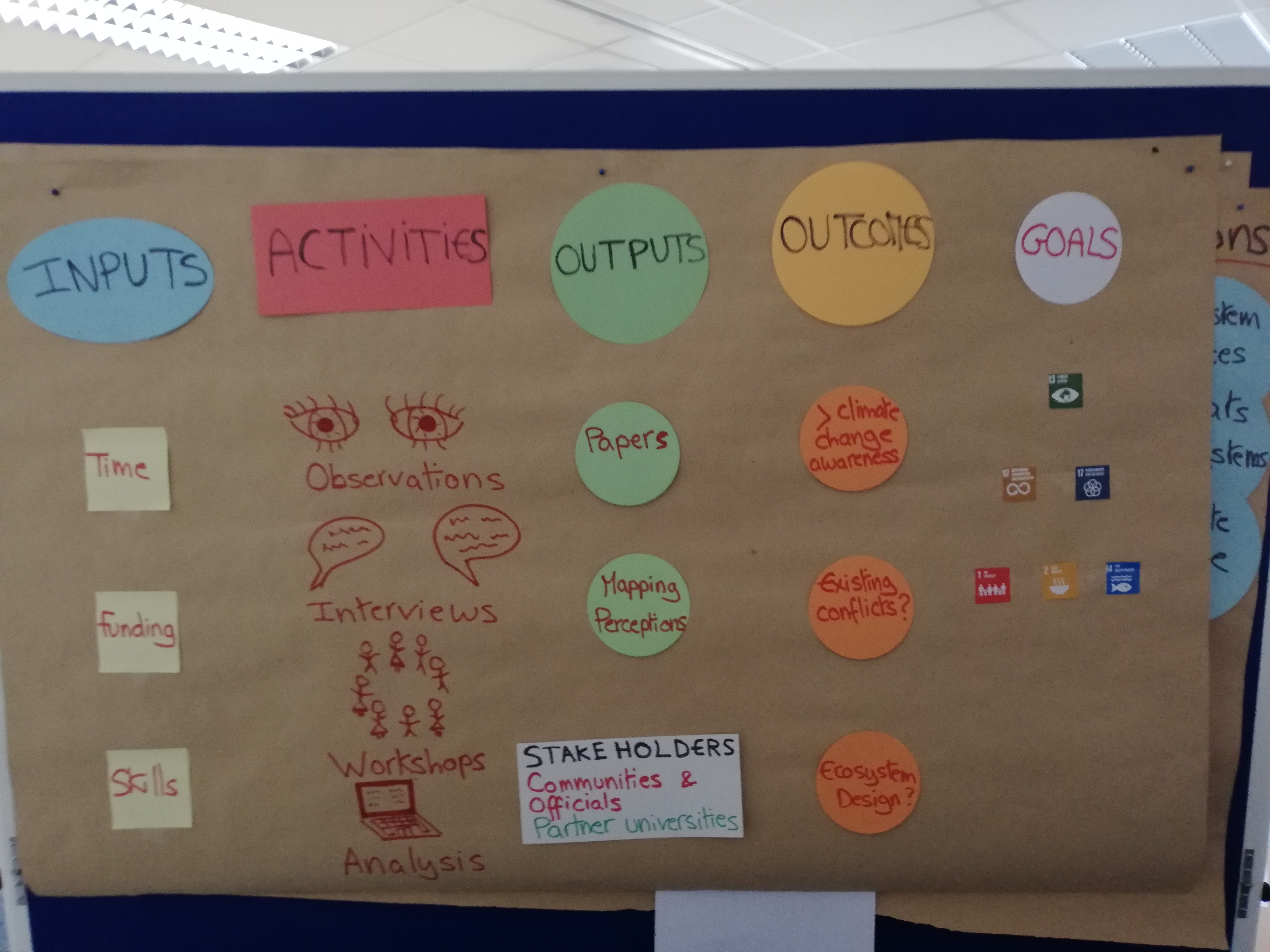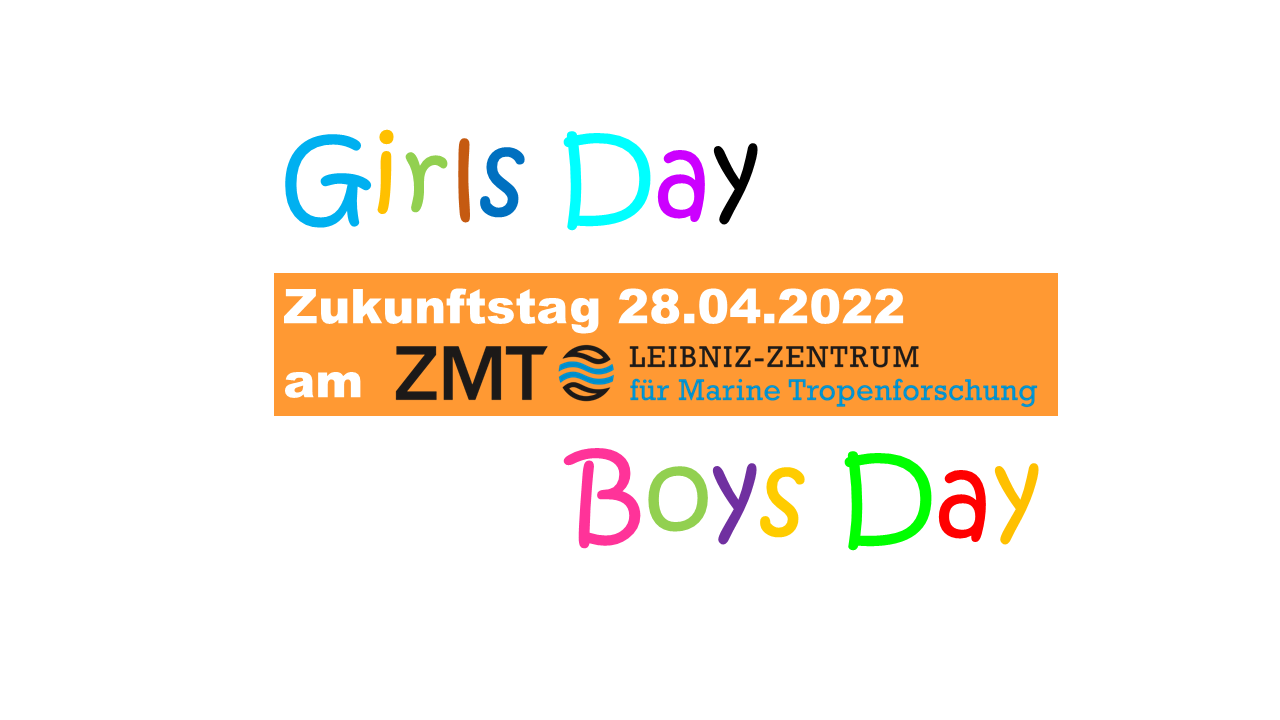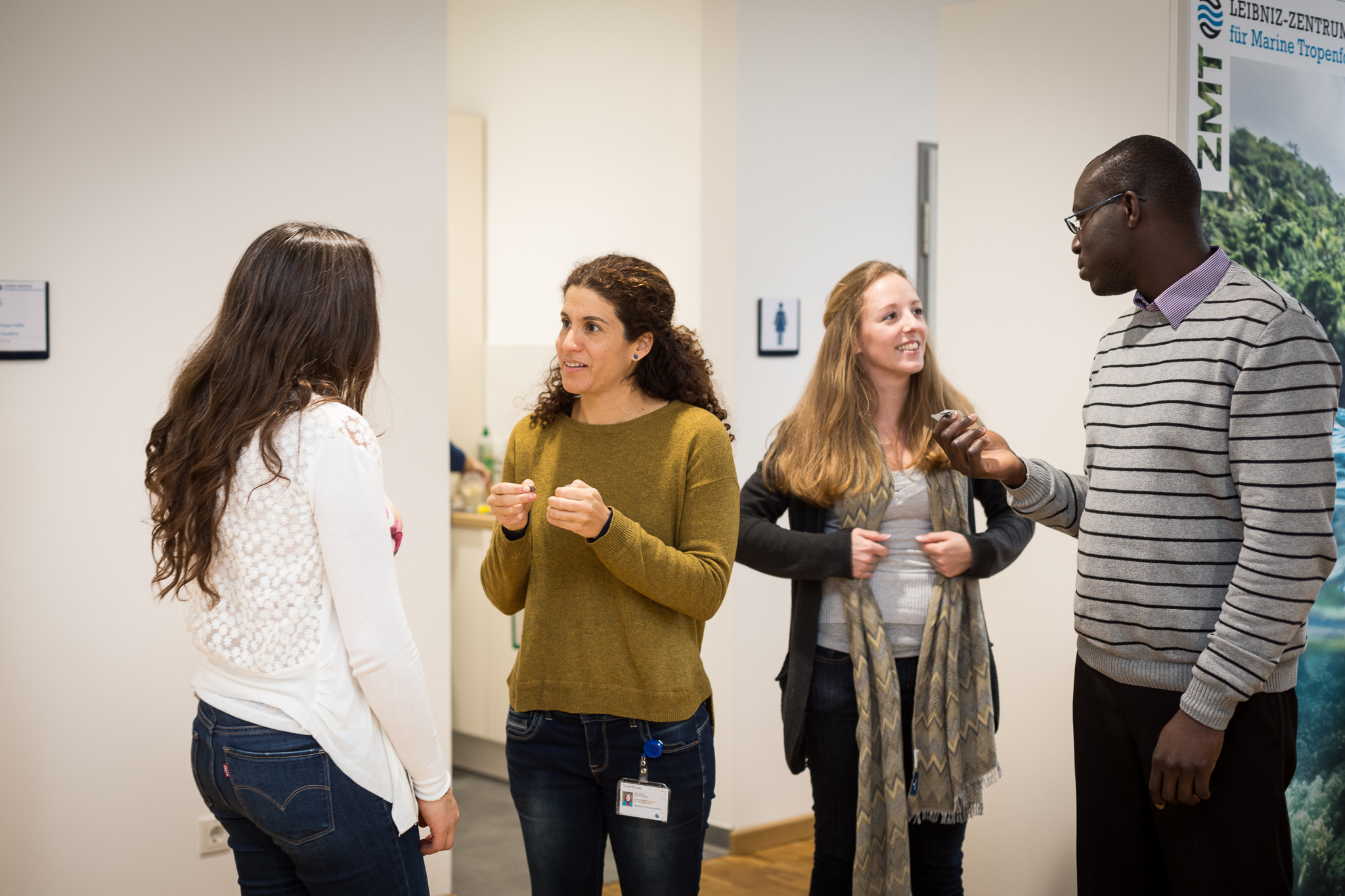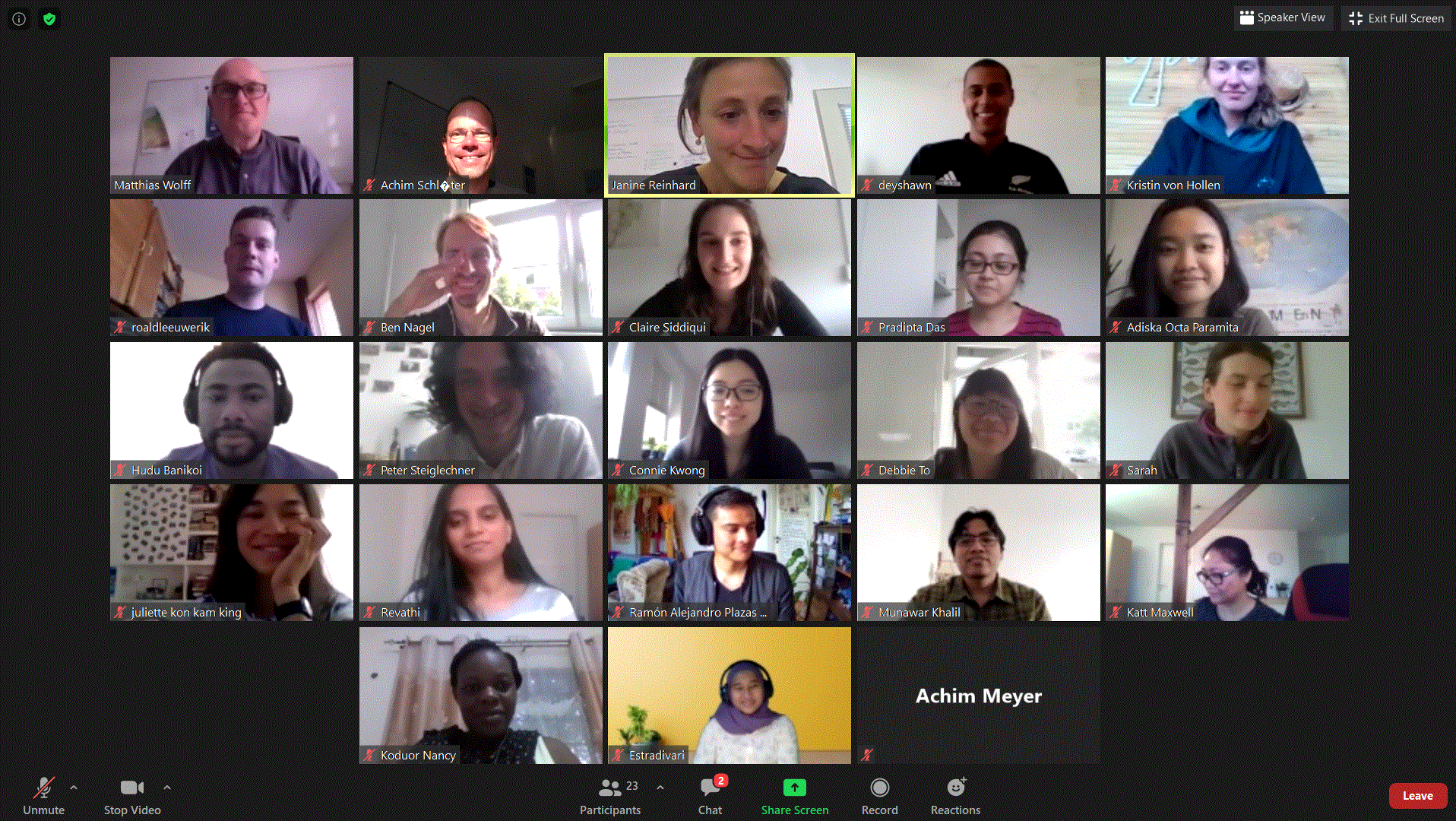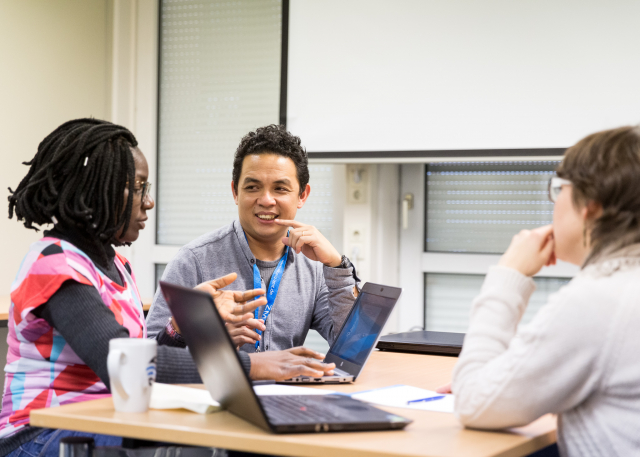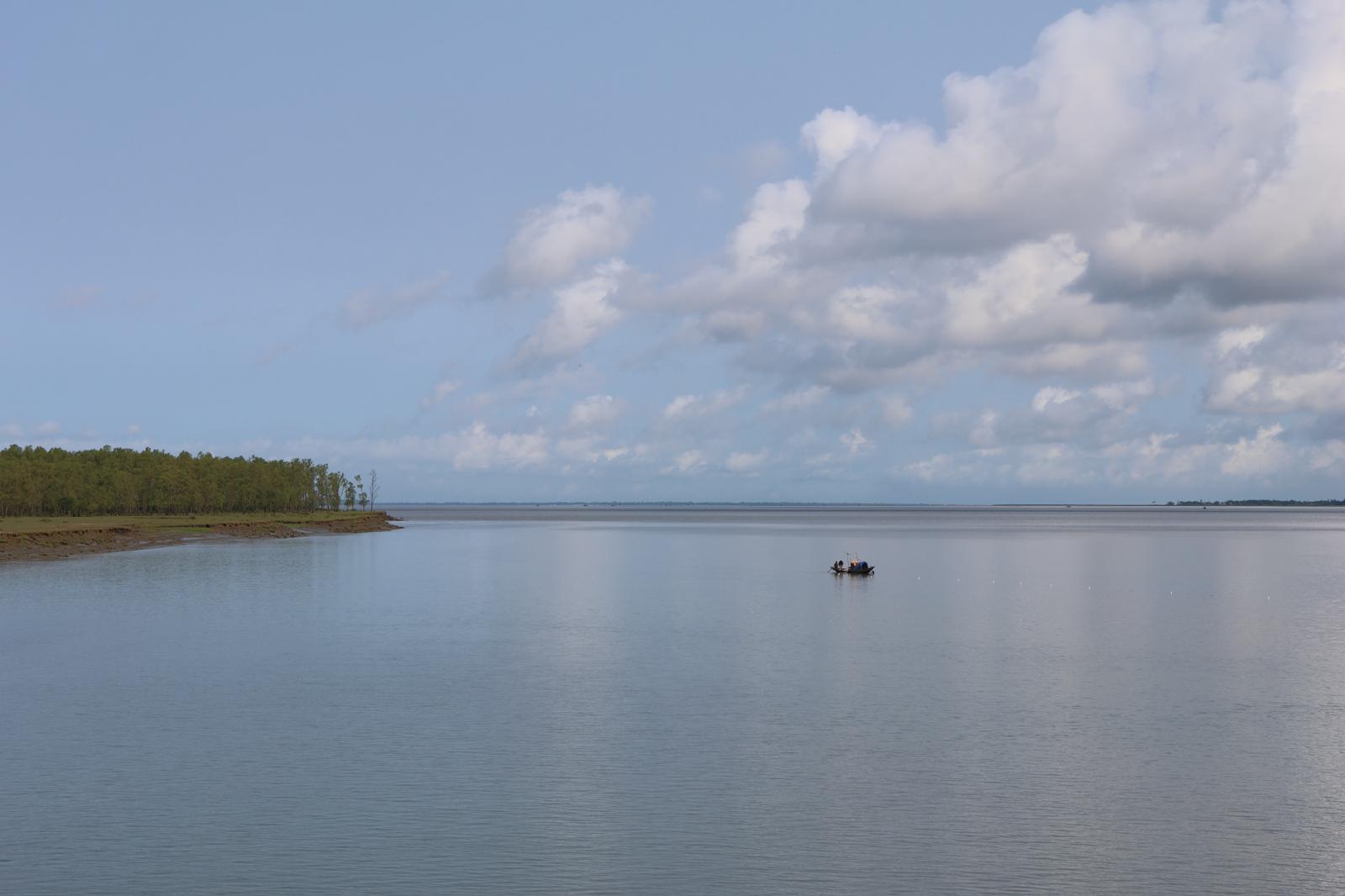The Leibniz Centre for Tropical Marine Research (ZMT) in Germany is an implementing partner for supporting the integrated and effective management of the SoNG MPA in Bangladesh. The SoNG Support Project falls under the project "Integrated management of the Sundarbans Mangroves and the Marine Protected Area 'Swatch of No Ground' (SoNG)", an initiative of the MoEFCC, implemented by the Bangladesh Forest Department, the Department of Fisheries, and GIZ Bangladesh, funded by the German Federal Ministry of Economic Cooperation and Development.
The Pilot Training for Responsible & Evidence-informed MPA management in Bangladesh is at the heart of the second phase of the SoNG Support Project. Based on the results of the kick-off
workshops conducted during the first phase, and taking into account further feedback of knowledge holders in Bangladesh, ZMT has developed this pilot traning programme. The
target groups are decision-makers at the policy-level and the
implementation-level of government bodies responsible/relevant for MPA
management in Bangladesh.
The overall training objective is to enhance participants’ abilities to effectively and equitably manage, enforce, and monitor the SoNG MPA and other MPAs in Bangladesh with engagement of all relevant stakeholders. To this end, a set of training materials is under development. These materials are informed by the results of three kick-off workshops with relevant stakeholders in Bangladesh, as well as regional and international expertise.
An important aspect of the training design is to bring together decision-makers from different levels of governance or management, who do not regularly interact. We aim to create a spaces for engagement and learning from different perspectives.
This pilot training serves to ensure that the training materials suit the needs of policy-makers, planners, and implementers responsible for the SoNG MPA and other MPAs in Bangladesh.
